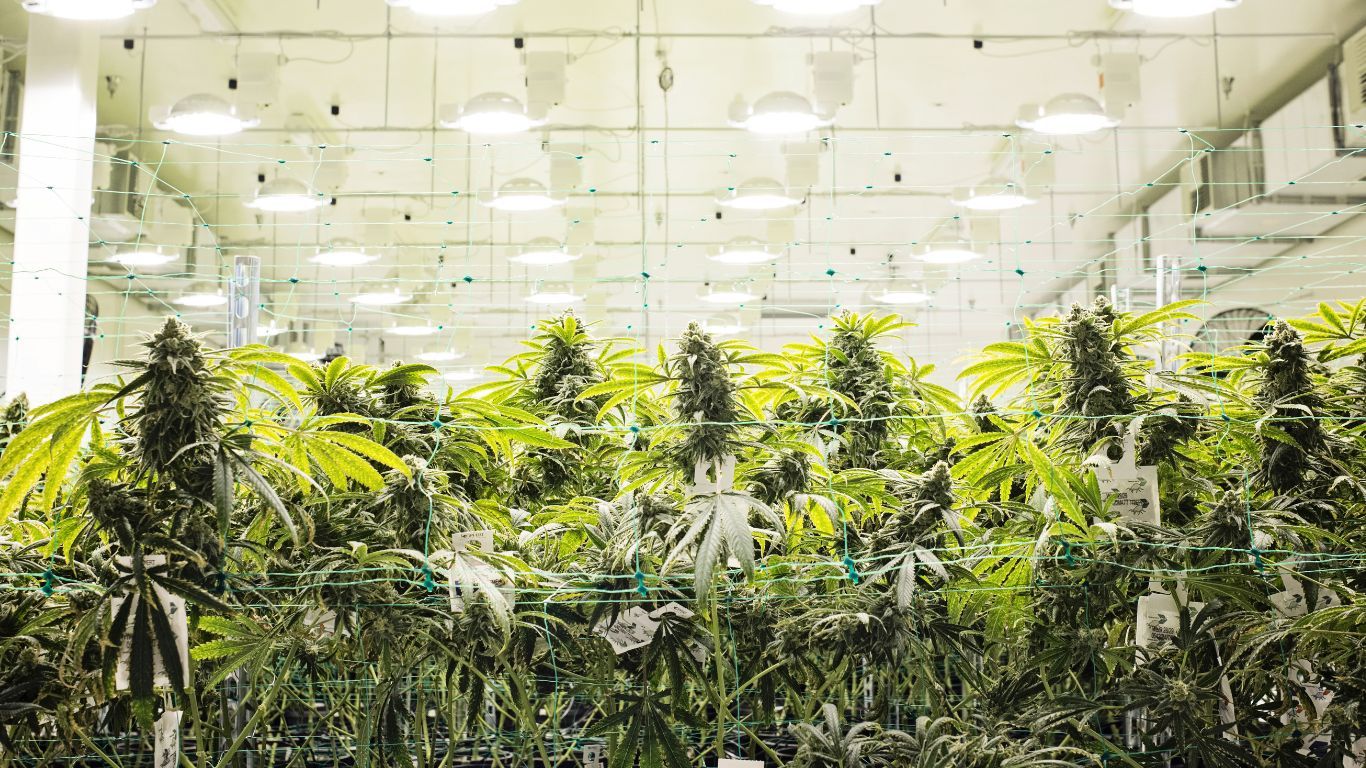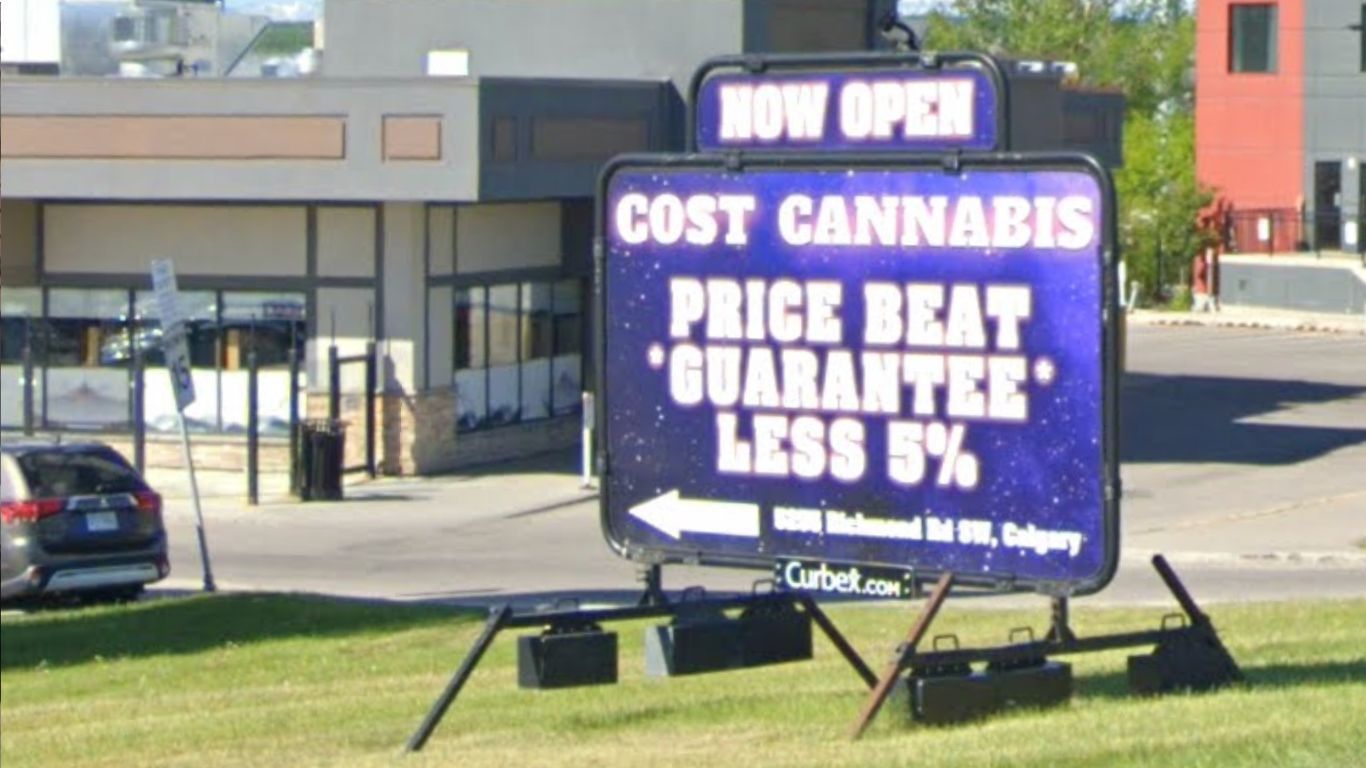
Another Ontario municipality is looking to manage personal and medical designated cannabis grows through nuisance bylaws relating to odour and light.
The Municipality of Brighton, about an hour and a half east of Toronto, received a staff report today seeking to create a bylaw to address, among other issues unrelated to cannabis such as vandalism in the community, community concerns related to “offensive odours” coming from cannabis growing operations in the municipality.
Council initially responded to the concerns during a session on January 13, 2020, and adopted a Motion for staff to investigate cannabis operations.
In addition to odour and light usage, the proposed bylaw would seek to address “any individuals growing, cultivating and harvesting more than the limit of 4 plants per dwelling be required to operate under the Municipal By-law that states they be hooked up on town water and sewer.”
The staff report clarifies that the community concerns are not related to personal four-plant home grows, or licensed commercial cannabis facilities, which are already required to adhere to various local and federal regulations regarding issues like odour and light pollution. The concerns are related to “‘layered’ or multiple number of personal use (medical) licenses that were intended for specific individuals but have become multiple and concentrated at specific properties.”
The sections of the proposed bylaw that relate to cannabis state:
- No person shall cause, create or permit light from the Cultivation of Cannabis plants to shine upon the land of others so as to be or to cause a Nuisance to any person or to the public generally.
- Every owner or occupier of land shall ensure that no light from the Cultivation of cannabis plants on his or her land shines upon the land of others so as to be or to cause a Nuisance to any person or to the public generally.
- Outdoor lighting and indoor lighting from the Cultivation of Cannabis plants that can be seen outdoors shall be operated, placed and maintained, or have a barrier placed and maintained, so as to prevent or block direct illumination of the interior of a building onto adjoining land or lands regardless of whether such a building has or may have a barrier, shades, drapes or other interior window coverings.
- No person shall cause, create or permit the emission of an odour from the Cultivation of Cannabis plants so as to be or to cause a Nuisance to any person or to the public generally.
- Every owner or occupier of land shall ensure that no emission of an odour from the Cultivation of Cannabis plants on his or her land is or causes a Nuisance to any person or to the public generally.
This is at least the second Ontario municipality to look at creating such a bylaw. When cannabis was legalized in late 2018, Norfolk County established a new zoning bylaw to address concerns with setbacks from neighbouring residences and site plan control issues such as parking, lighting and odour emissions.
Under the bylaws, facilities without filtration systems are required to have a 300m set back from neighbouring homes, while those with suitable filtration require 150m set back.
Initially, the County issued warning letters to locations suspected of operating such a non-commercial cannabis operation. These letters were mostly ignored, says the County, which led them to begin issuing fines under their zoning bylaw.
The County says there are over 70 such personal or designated medical production licences in their jurisdiction. In 2019, Norfolk County By-Law has investigated twelve designated grower locations, laying 56 charges against 28 individuals. Due to the closure of many courts due to COVID-19, many of these cases have been delayed.
Earlier in the year, though, the county received their first court conviction on a plea against a designated grower facility seeking a $50,000 fine, but the decision is still pending.
Many municipalities in Canada have long expressed frustration at what they feel is an inability to manage these non-commercial, personal and designated medical cannabis licenses, which often operate in residential zones. Despite not allowing for commercial sales, these licences can allow for very large plant totals based on a doctor’s recommendation.
Recently in British Columbia, the Sunshine Coast Regional District tabled a resolution at the annual Union of British Columbia Municipalities calling for more power for municipalities in dealing with personal and designated medical grow licenses in residential communities.
On October 1, Raquel Dancho, the MP for the riding of Kildonan-St. Paul in Winnipeg raised similar concerns in the House, calling on Health Canada to close a “loophole” that allows for these types of grows.
Similarly, Diane Finley, the MP from Haldimand-Norfolk raised the same issue in the House on July 22, saying the current regulations create a “loophole” that large scale growers are taking advantage of. Patty Hadju, the Minister of Health says she will look into the specific complaints.
A source close to the issue who asked to not be named says Health Canada has been taking incremental steps to reign in some of the more egregious examples of abuse of the personal and designated medical system. However, the system itself as it stands is protected through several court cases that would have to be formally challenged to make any significant overhauls to issues like plant counts or how many patients a designated grower can grow for.
The staff report from Brighton, Ontario says Health Canada “appears to be making ongoing adjustments to its licensing program, but how and when the problems may be addressed are unknown.”
Personal growers under the medical cannabis program in Canada can only grow for themselves, but designated growers can grow for up to four approved patients at one site, meaning some of these operations can have hundreds of even thousands of plants in one location at a time. In some cases, they have been found to be selling into the black market, such as several recent, large bust in Norfolk county involving thousands of plants and pounds of cannabis and ties to criminal organizations.
A recent raid of a farm just north of Brighton in August resulted in 19 arrested after nearly 1,900 cannabis plants seized. OPP have seized hundreds of thousands of plants in the last few months from similar grows in many neighbouring parts of southern Ontario.
Because they are not commercially regulated like federal licensed cannabis growers and processors, there are no federal requirements for things like odour control, although municipalities and counties can establish their own zoning bylaws to address this issue, as is the case for the Municipality of Brighton, and for Norfolk County.











